Here’s some great news from our colleagues across campus.
The History Department has just launched an informative, interactive history web site. Not Even Past provides current historical writing for a popular audience. For history buffs who want reading recommendations and short, interesting, digestible stories every day, the website offers text, audio, and video histories on subjects that span the globe. The site is designed for anyone who is interested in history, from an avid reader of history to a history film aficionado.
The content and “picks” are written by the department’s 60-person faculty with additional input from the graduate students. Notevenpast.org is rich with book and film recommendations, video interviews, podcasts, online commentary, and even virtual classes (free) every semester.
The History Department’s new site is one-of-a-kind – no other university or institution offers a similar resource. Not Even Past will be identified with the individuals in the History Department at UT, giving readers a personalized experience of great history writing as well as promoting the strengths of the department and the University of Texas. Not Even Past also differs from other History department sites in its stylish visual design and its cutting-edge user-friendly functionality.
And just in case you want to follow up on the current reading recommendations from Not Even Past, they’re all part of the collections at PCL (and currently available).
American slavery, American freedom : the ordeal of colonial Virginia / Edmund S. Morgan.
Disowning slavery : gradual emancipation and “race” in New England, 1780-1860 / Joanne Pope Melish.

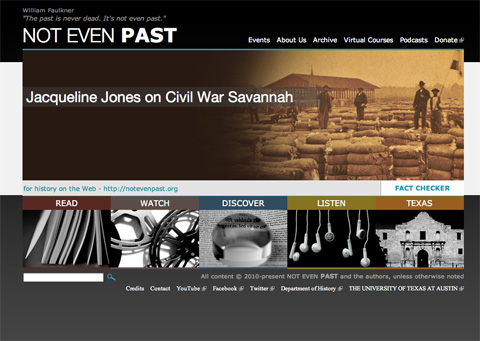
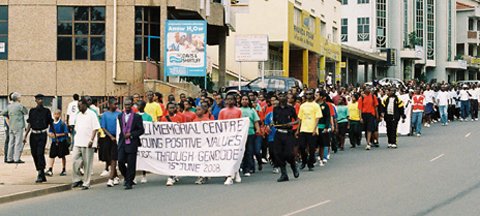



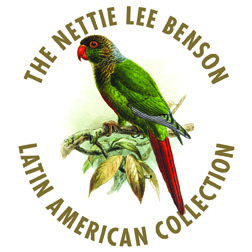 The Benson Latin American Collection
The Benson Latin American Collection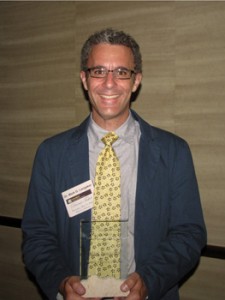
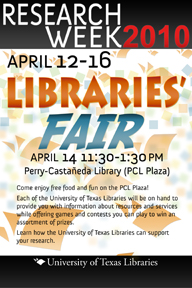 After a successful turn last year, the Libraries are bringing back the Libraries’ Fair on the plaza at the Perry-Castañeda Library as its contribution to
After a successful turn last year, the Libraries are bringing back the Libraries’ Fair on the plaza at the Perry-Castañeda Library as its contribution to 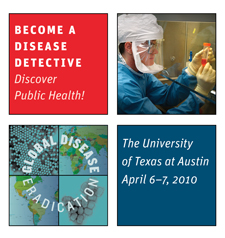 The two-day
The two-day  The Libraries have
The Libraries have  This past month, the
This past month, the